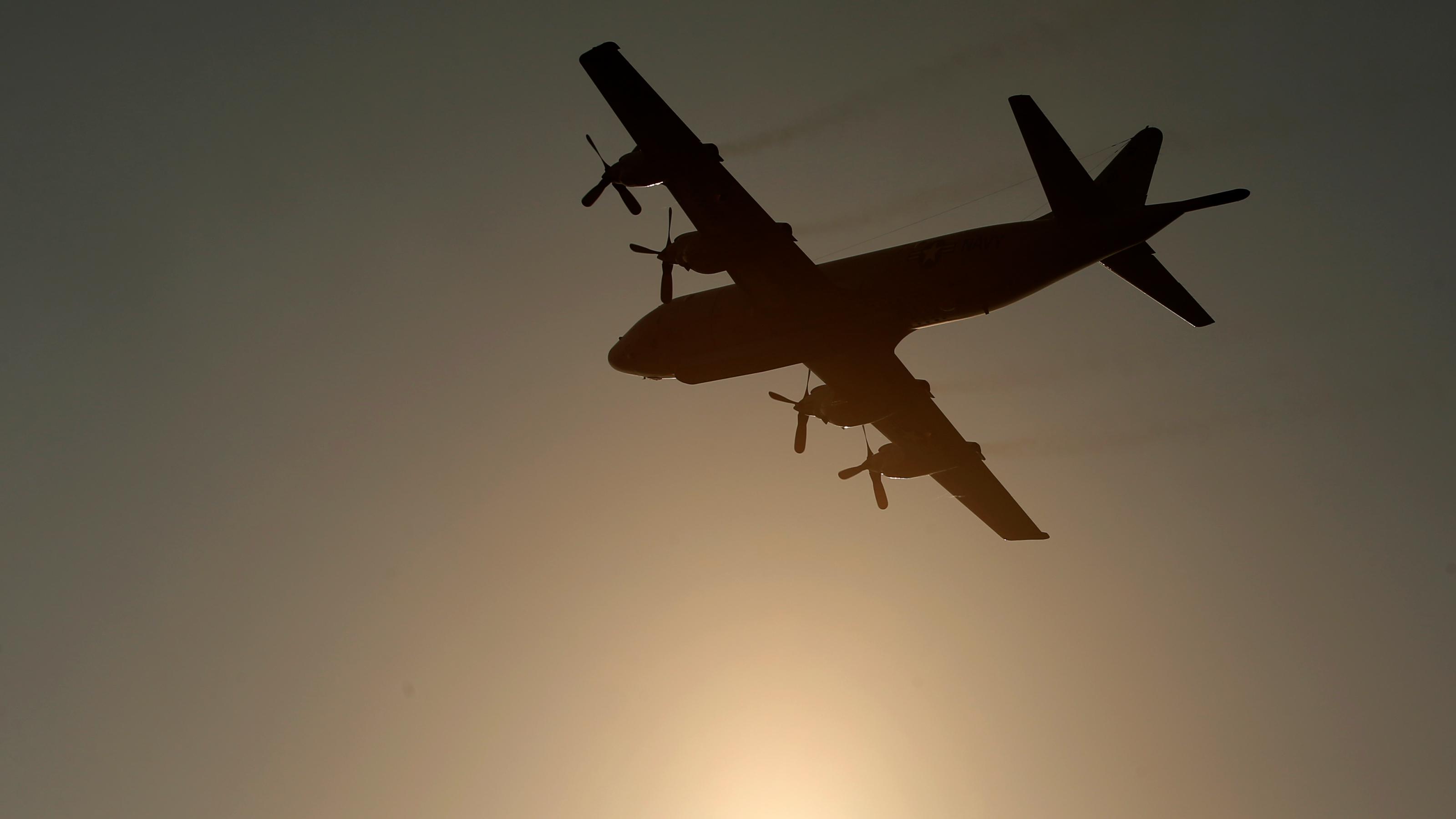“The US is storing perhaps 50 air-dropped thermonuclear bombs at its Incirlik Airbase in southern Turkey, less than 100 miles from the Syrian border where this conflict is taking place.”
BY: TIM FERNHOLZ | qz.com

Turkish forces are pushing into northern Syria, replacing and sometimes even firing on the US troops retreating at Donald Trump’s orders.
The question of whether Turkey, a member of the North Atlantic Treaty Organization, is really a US ally was put to US defense secretary Mark Esper on Fox television this morning. “No, I think Turkey, the arc of their behavior over the past several years has been terrible,” he said.
The nuclear stockpile dates back to the Cold War, when the US sought to keep a sufficient supply of atomic weapons deployed in Europe to deter potential Soviet aggression. Belgium, the Netherlands, Germany, and Italy also host similar arsenals, and the US trains the participating nations in the use of the doomsday devices.
Today, these bombs remain in place largely because of inertia, and the hope that countries like Turkey will see the depot as sufficient reason not to develop nuclear weapons of their own. It doesn’t seem to be working: Last month, Turkish president Recep Tayyip Erdogan said he could “not accept” efforts to prevent Turkey from developing its own atomic bombs.
But instability in Turkey and the region, along with Ankara’s close relationship with Russia, have had American strategists talking about re-locating their weapons for years. (The US does not officially discuss the arsenal, but there is no indication that the stockpile has been removed.)
A 2016 coup attempt against Erdogan saw power to the base cut off for several days, raising questions about the safety of the stash. More recently, Turkey has purchased advanced air defense technology from Russia, which has raised hackles in the US defense communitybecause Turkey was a partner in developing the US F-35 fighter-bomber. The US Air Force canceled the partnership over worries that Russia would be able to learn from Turkey how to better shoot down US aircraft.
Now, Russia and Turkey are coordinating military policy in northern Syria, with the US as a bystander. The move to exploit a civil conflict in Syria to gain a geopolitical advantage typify how strategists see a new era of great power competition playing out.
One reason to be worried is that the recent shift in US strategy launched by Trump appears to have caught the US military establishment by surprise. It’s not clear how prepared the US is to deal with the knock-on effects of the about-face, whether it is disappointed former allies like the Kurds (paywall) or ISIS fighters escaping from prison camps, much less the calculus of nuclear deterrence.
